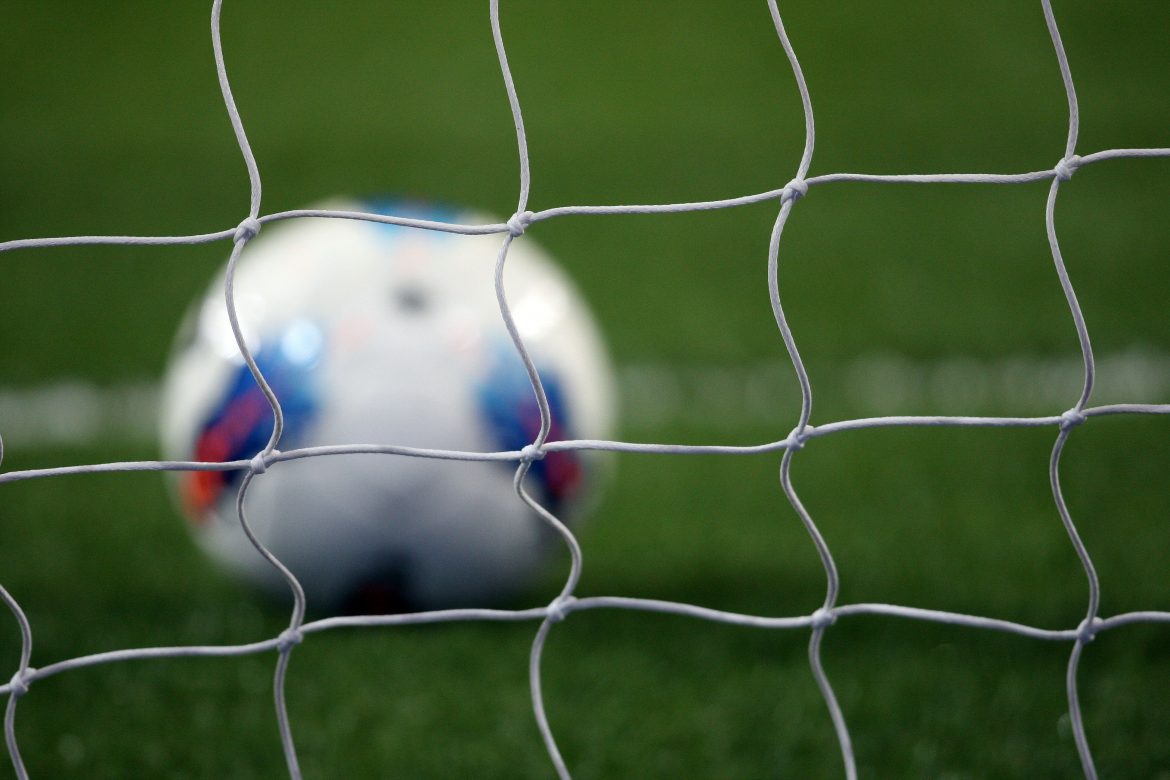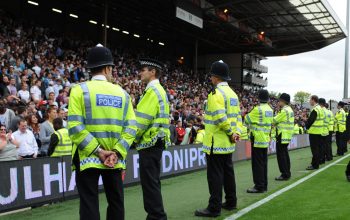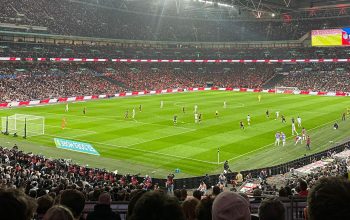Kingstonian FC chairman John Fenwick applauded plans for a new regulatory body for English football, but argues for more lower league side support.
Last month the government announced a white paper for a new regulatory body for the English football pyramid, following a fan-led review.
After widespread discontent amongst fans over the top English sides’ attempt to form a breakaway European Super League in April 2021, and the financial ruin of historic clubs such as Bury and Macclesfield Town, the government saw fit to instigate in perhaps the country’s largest intervention into the beautiful game.
Fenwick said: “[The regulator should] ensure that there is a fairer distribution of money made further down the pyramid.
“However, their main tasks will be to ensure the financial stability for the senior clubs and to ensure that owners take their financial obligations seriously.”
The regulator will aim to prevent English clubs joining breakaway leagues, introduce more stringent owner and director tests and give fans powers to stop significant changes to their club. These changes could include names, badges and colours.
Listen to Sports Minister @StuartAndrew statement on the problems with football in the UK as he announces a new football regulator in the UKhttps://t.co/PAiZ4D1RJB
📺 Sky 501, Virgin 602, Freeview 233 and YouTube
⚽️👇 pic.twitter.com/Kl8EnHUGE9
— Sky News (@SkyNews) February 23, 2023
The regulator is currently in the white paper stage of the bill process and a period of ‘targeted consultation’ about the proposal will occur. The earliest we could see the regulator would be the 2024-25 season.
The regulatory body covers England’s top five leagues, the Premier League down to the National League. Kingstonian FC, currently playing in the seventh-tier Isthmian League, will not be impacted by the regulation.
However, Fenwick argues that regulation should extend to the lower leagues to help facilitate these teams’ ambitions for promotion.
“I think that [the government’s] main priority will be the senior sides – and I completely understand why,” Fenwick said. “However there is no reason why over a period of time their focus should not also move further down the pyramid.
“It is most club’s ambition at our level to play in the National League or higher. Therefore the same financial prudency rules should apply in the lower leagues, albeit at an appropriate scale,” Fenwick said.
The economic footing of English football is drastically unbalanced. In the 2021-22 season, clubs in the Premier League received over £2.4billion in TV broadcast rights income alone. Championship sides meanwhile average £8million per team per season in broadcast rights revenue.
Fenwick asserts that more of this money should be available to lower-league sides.
“There should be governance on the Football Association’s own performance, and an independent regulator could perform this role as part of their brief.
“A larger proportion of money should be available, from the vast sums given for TV coverage and sponsorship, to be fed throughout the football pyramid.”
Fenwick also noted that the current scope of funding support for lower-league sides comes mainly from the Football Foundation, which funds ground improvements.
“The scope could be extended to help lower non-league clubs,” Fenwick continued, “by, for example, increasing the levels of prize money given for progression in the earlier rounds of FA competitions such as the FA Cup, the FA Trophy, and the FA Vase.”
While the new body is still only warming up, it may be a while before lower division sides brought into the umbrella of government regulation.





